Crisis
Crisis Response – COVID-19
When crisis hits Lebanon, Banin Charity Association responds with urgency and compassion. Born during the COVID-19 pandemic, our Crisis Management Team (CMT) has become a central force in Lebanon’s emergency response landscape. Built on ISO 9001 quality management principles, the CMT operates on multidisciplinary emergency response efforts nationwide through a clear structure with defined roles that ensure organized swift action.
With team members drawn from Banin’s focal points in Beirut, Nabatieh, Tyre, Baalbek, Tripoli, Matn, and Mount Lebanon, the committee brings together local knowledge, professional expertise, and a deeply rooted commitment to serve.
CMT through the years: Pandemic to Port Explosion
The CMT has tackled Lebanon’s toughest moments head-on:
- Provided medical aid and hygiene kits during the COVID-19 outbreak.
- Supported reconstruction and emergency relief following the Beirut Port explosion.
- Secured and distributed infant formula during periods of national shortage.
Response to October 2023 – Phase I of the War
In response to October 2023, Banin Charity Association delivered emergency aid to over 13,000 individuals across 42 villages in South Lebanon.
Our efforts included:
- Delivery of 1,200 hygiene kits
- Distribution of 23,610 food parcels
- Preparation of 12,000+ warm meals
- 1,100 medical consultations through four mobile clinics
- Support for 650 students to access learning during displacement
These lifesaving interventions prioritized displaced families, children, the elderly, and individuals with chronic illnesses. They were made possible by the dedication of over 300 volunteers and the deep trust of our local partners and communities.
Response to the 66-Day War
The 66-day escalation marked a critical turning point for Lebanon, as Israeli strikes expanded across nearly all regions. In response, Banin Charity Association launched one of its most comprehensive humanitarian operations to date, reaching 109,940 individuals across Beirut, Bekaa, Mount Lebanon, Baalbek, Zahle, Akkar, Zgharta, and Tripoli.
Banin Charity Association allocated $1,350,374 in financial and in-kind donations, $1,296,410 were directed towards humanitarian assistance, while $53,964 covered essential operational expenses.
To lead the response, Banin formed a specialized team:
- Head of Social Services and Director of Banin Medical Center
- 3 administrative staff, 20 field staff, and 50 trained volunteers
- A medical team with a Public Health Physician, Family Medicine Physician, Surgeon, 3 nurses, and 5 psychosocial/logistical support volunteers
As the team ensured covered shelters, Banin Charity provided:
- Daily meals, pillows, and essential non-food items in schools sheltering displaced families
- Aid to displaced residents in temporary housing in Akkar, Zahle, Zgharta, Baalbek, and Beirut, including locations like Al Azareya Building, Al Hayat Tower, the Arab Institute, CIS (Dawha Center), and the Ministry of Interior in Baalbek
- Assistance to Lebanese Army personnel and municipality workers in affected areas
- Medical care and psychosocial support through mobile outreach
As part of its intervention, Banin Charity also operated a fully equipped shelter known as Banin Village at Camille Chamoun Sports City Stadium. Families at the village were offered:
- Sanitation facilities, hot meals, and a fully stocked pharmacy
- A medical clinic staffed by licensed professionals
- Dignified, organized shelter conditions during displacement
This response was made possible with the support of partners like Wish Foundation Australia, The Amity Foundation America, and local contributors including Al Balad Restaurant, Takkoush Bakery, Bidayati, Deep Sleep, Mr. Man’oushe, Turkey Doner, and others.
In recognition of Lebanon’s ongoing instability, the CMT has also assumed a critical preventive role.
- Preparing schools to serve as emergency shelters for displaced families
- Setting up safe, functional shelter spaces with access to basic services
- Implementing safety protocols to ensure protection and dignity for all residents
- Coordinating with local authorities and municipalities for smooth emergency response
- Training local teams and volunteers to manage shelter operations efficiently


- © 2025 Banin Charity Association / All Rights Reserved. Empowering lives, one family at a time.

